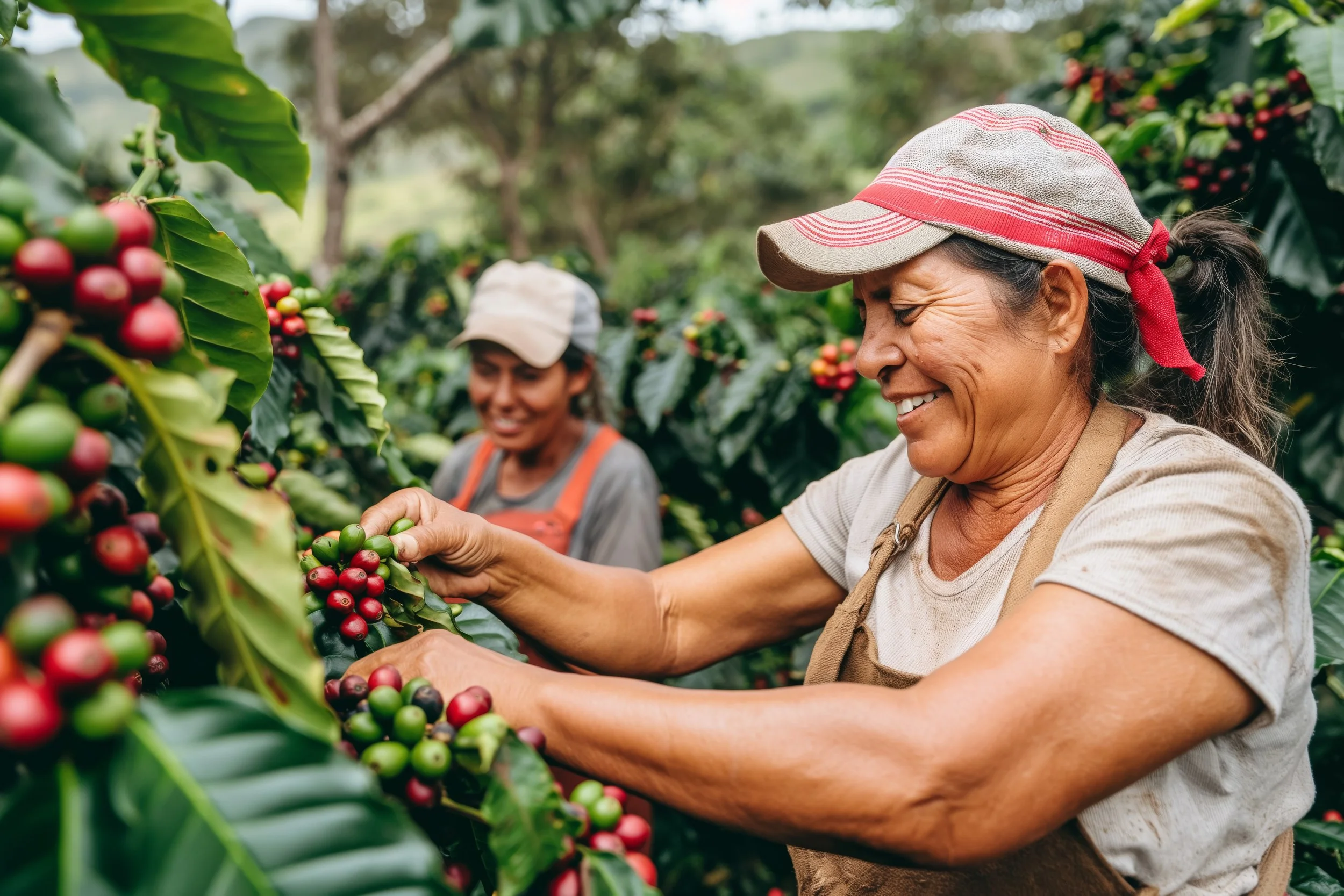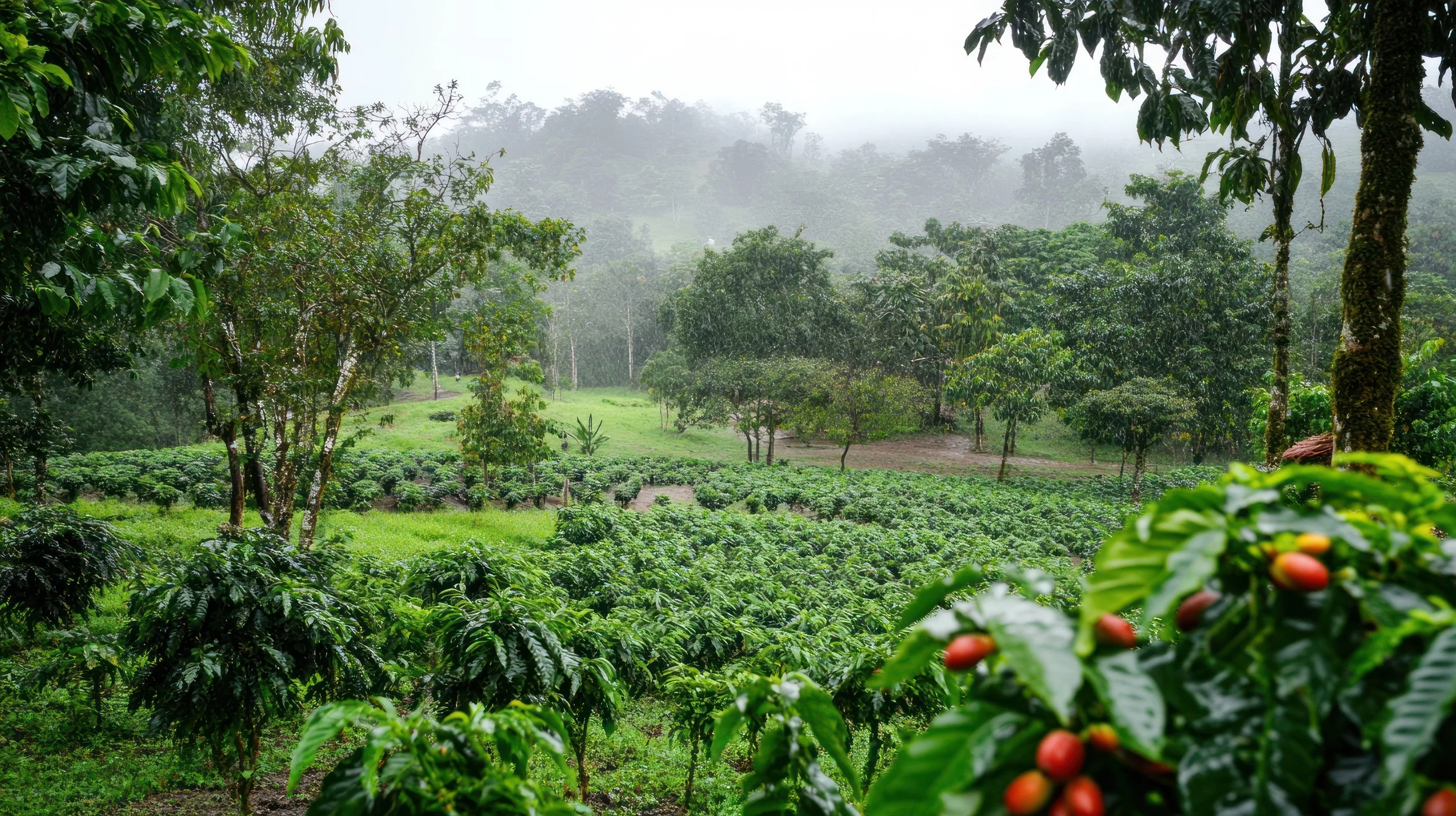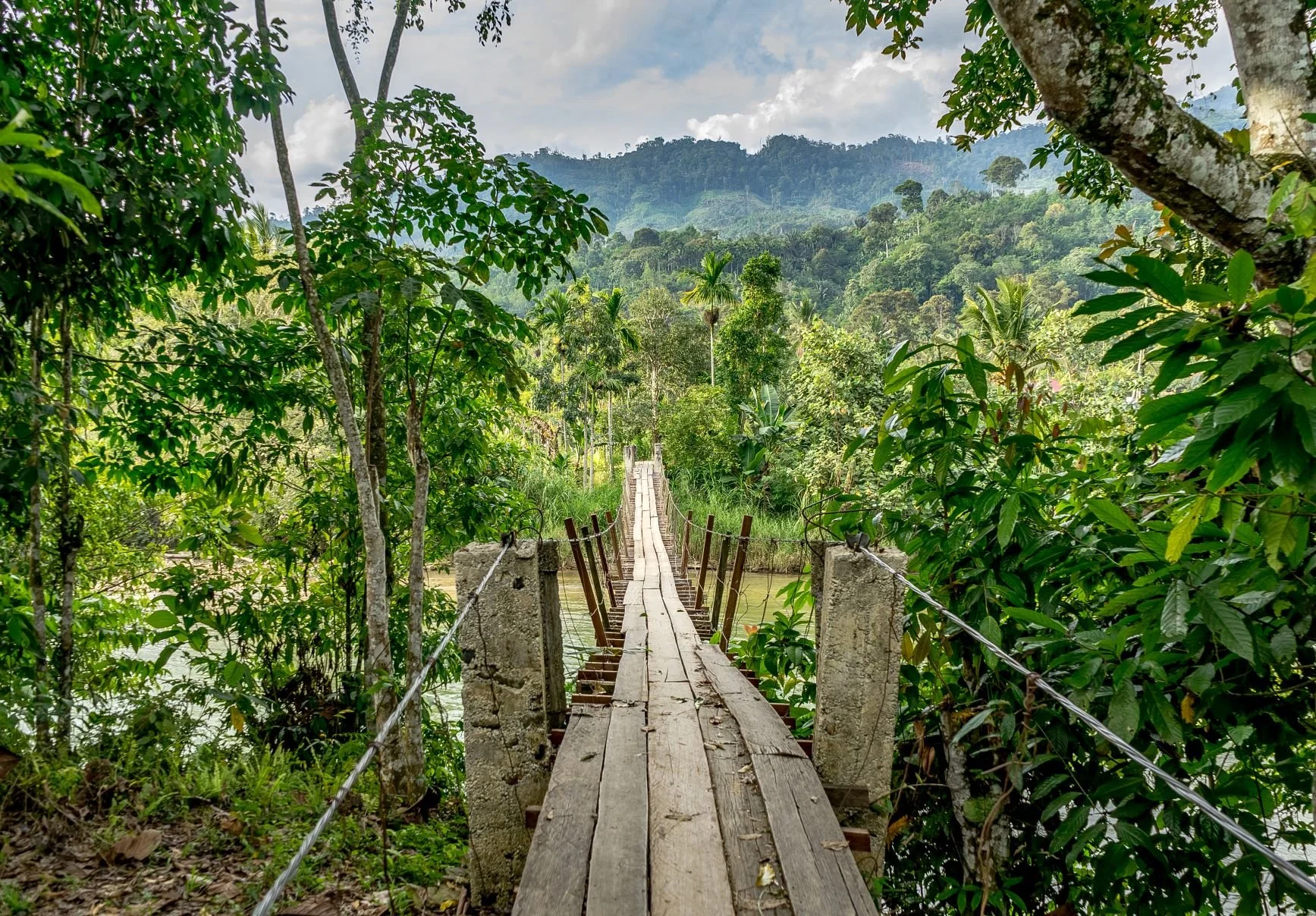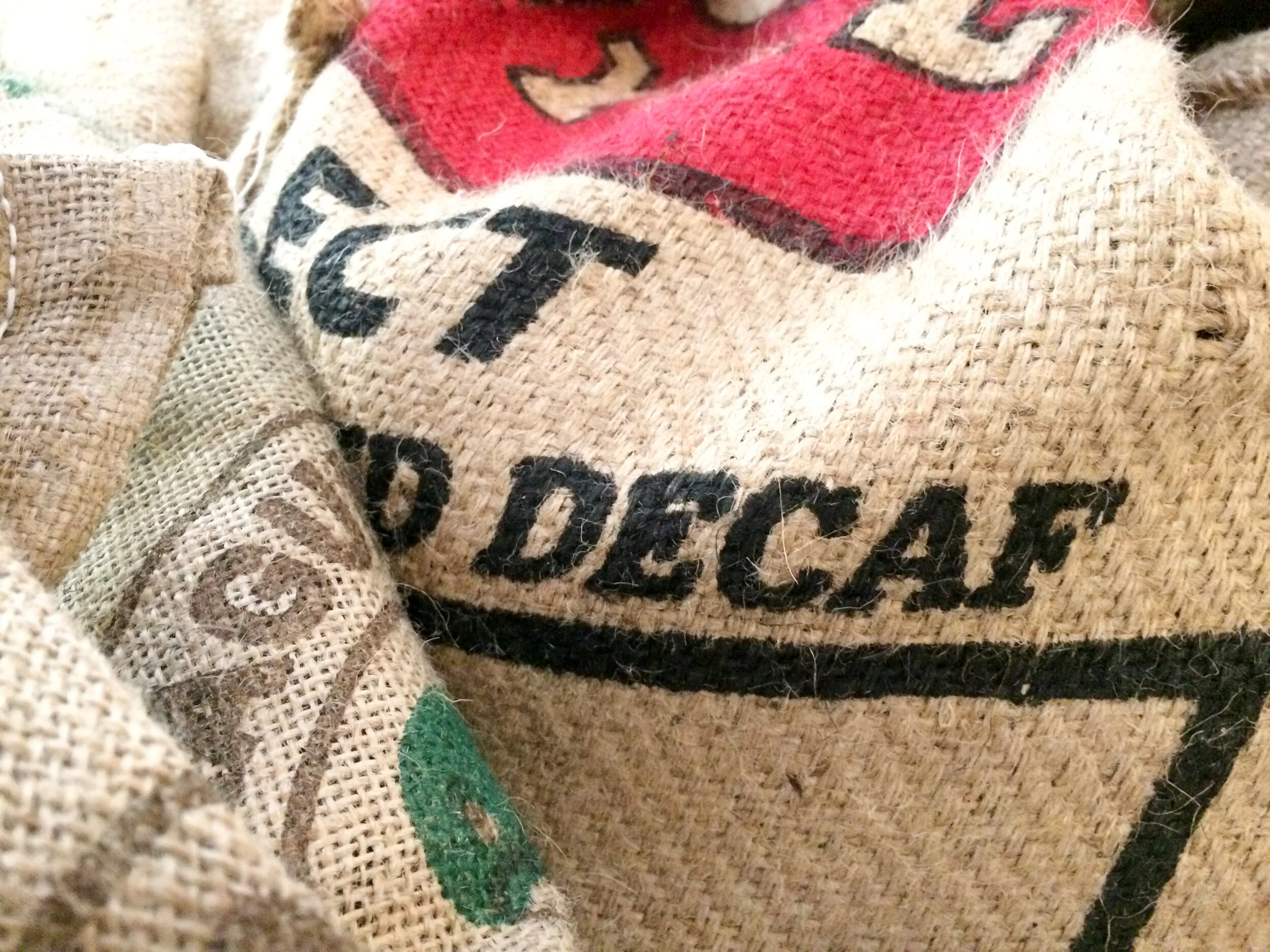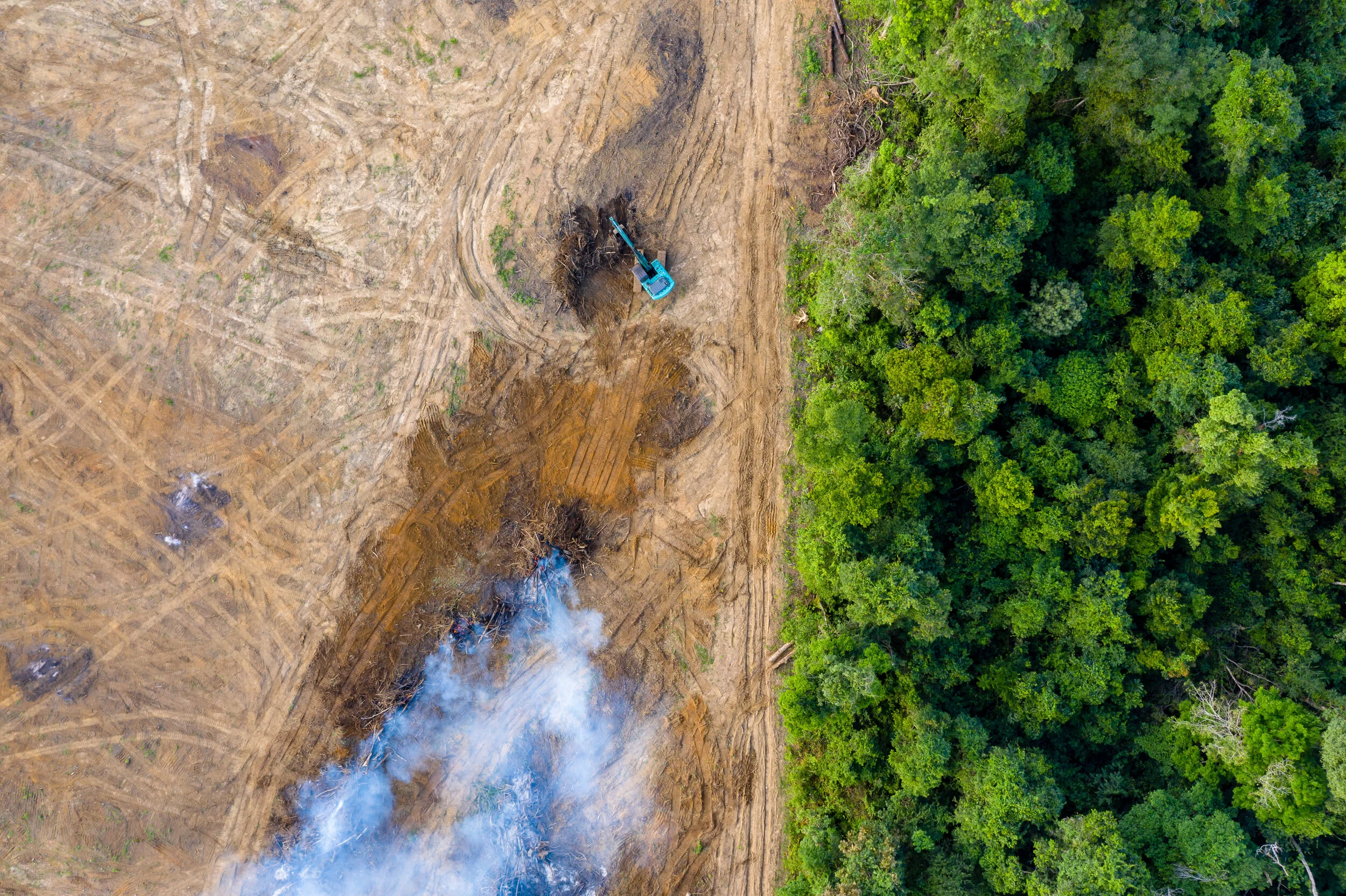Every cup of coffee has a story. At Ampersand Coffee, that story is about more than just rich flavors and perfect roasts—it’s about empowering women, uplifting communities, and creating an upward spiral of change. We believe that coffee has the power to transform lives when sourced responsibly, ensuring that the women behind the beans have the resources and opportunities they need to thrive.
Read MoreMaking coffee at home is easier than you think. A good cup of coffee is a combination of method and high quality beans. There are so many different ways to brew a delicious cup of coffee at home without splurging on a fancy and complicated espresso machine.
Read MoreYou’re probably already familiar with the term “organic.” You’ll see it in produce sections in your local grocery store and in clothing tags. Like organic, regenerative organic strays from the use of synthetic fertilizer, opting for more eco-friendly options. Organic focuses on the final product: whether it be made out of organic materials or have organic ingredients. Regenerative organic, on the other hand, takes it a couple of steps forward.
Read MoreThe world seems pretty bleak right about now. Average temperatures rise every year. Droughts become more common. Floods already wrack cities across the world. Even sustainably grown organic food isn’t going to cut it with rising food demand. With every day, it almost seems logical to give up hope. Yet, with all this talk of doom and gloom, there is one very simple solution just waiting to be used. Soil.
Read MoreRecent criticism by some climate scientists has begun to raise the question: is organic actually better for the environment? At first that sounds wild; the organic movement is built around the core concept of environmental wellbeing. The mere questioning of these growing practices by none other than climate scientists sounds contradictory. But, if you take a deeper look inside and find the core issue at the center of Organic, those climate scientists may actually have a point.
Read MoreI said: "We're going to give this a year. I mean, there are different milestones we have to achieve, and this doesn't happen fast." So, we went back and forth over that year, and we hit the problem of land ownership. They asked if they could get an exception because of their cultural and religious situation. And I thought about that, but then I was like: "No, because that's the point of Cafe Femenino. It's that you do all the things, that's the hard part, that's what creates changes."
Read MoreWe start with the expected small talk. We introduce ourselves, give some quips and chuckles to ease into the dynamic before getting started. Despite all my initial research, all of the complicated questions I cooked up, I become aware that I’m about to learn more than any academic article could ever teach me. This inspirational powerhouse of a woman has stories to tell.
Read More“There is a time and a place for decaf. That time is never, and the place is the trash.” Yeah, that quote is a really funny saying, but it isn’t entirely true. The truth of the statement relates to the type of decaf itself. Why? Because, sadly, decaffeinated coffee has a long standing love affair with chemicals.
Read MoreWant the coffee crisis in a nutshell? Scientists anticipate that over 50% of coffee species—both domesticated and wild—are in serious danger of extinction. In Latin America, the world’s largest coffee producer, the area suitable for growing coffee will be reduced by up to 50% by 2050. And, looking to Africa, only 45% of the land will suit coffee’s growing conditions by 2080. What’s worse: scientists acknowledge these predictions are made using optimistic models.
Read MoreIf you’ve spent any amount of time either reading about coffee activism or wandering around the Ampersand Coffee website, you’ve no doubt come across an organization by the name of The International Women’s Coffee Alliance—or the IWCA for short. The IWCA is an expansive, ambitious organization. It uses the coffee industry to empower women at large, starting with those who grow, harvest, and produce the coffee beans. The alliance has an exceptionally unique structure: while most outreach organizations identify the problem from afar and concoct their solution in board rooms, the IWCA takes the opposite approach.
Read More
